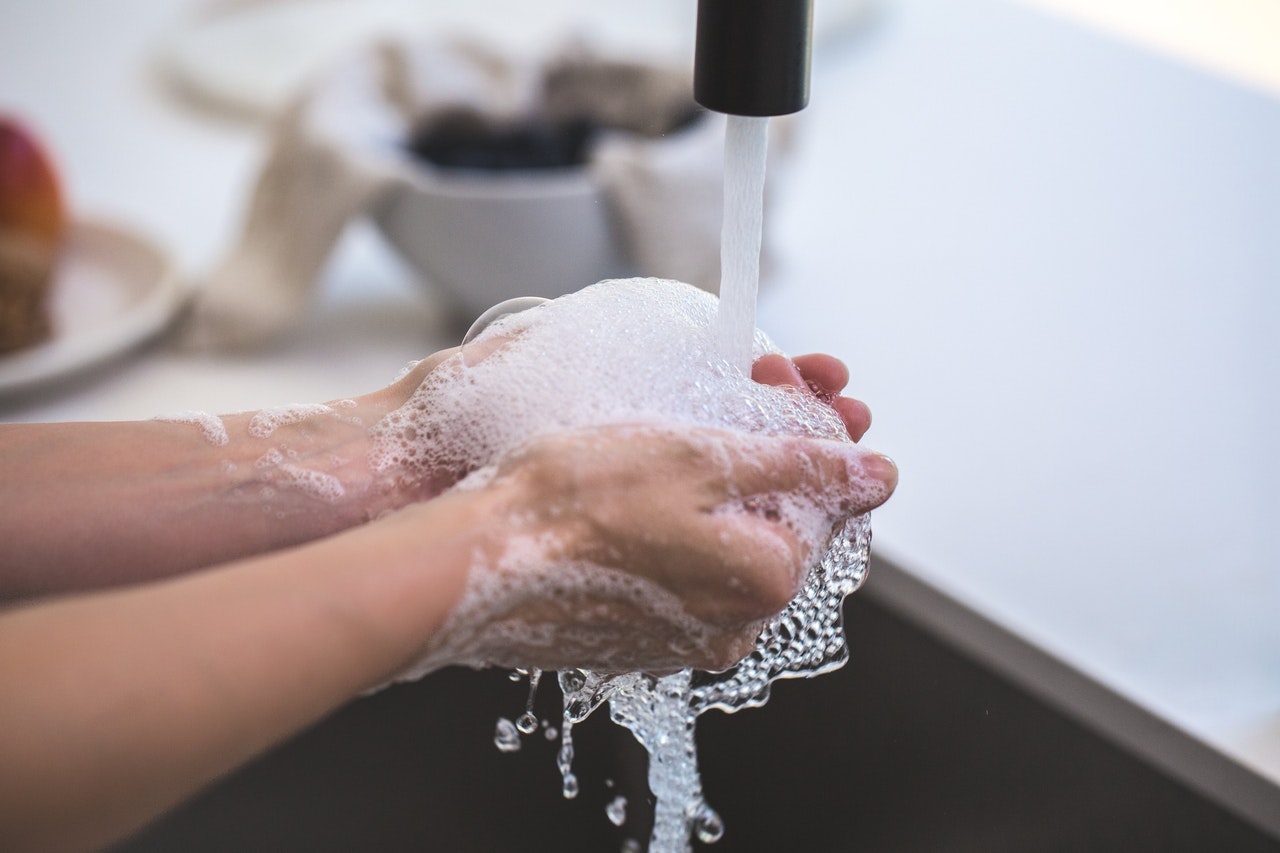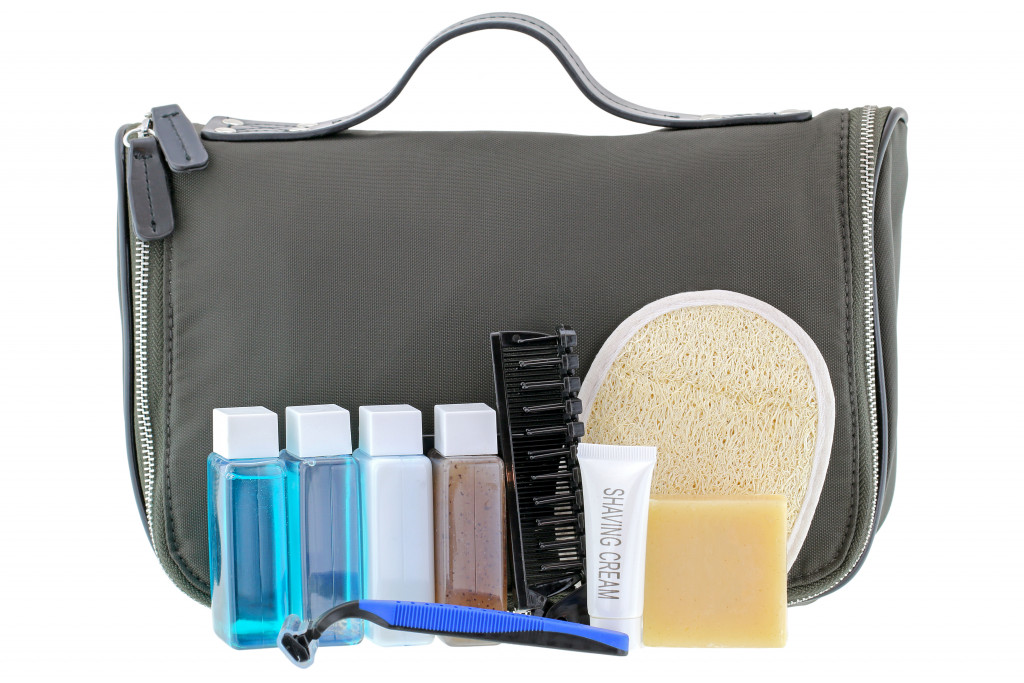In our everyday lives, we usually perform various activities to ensure that our body is healthy and functional. One of the many activities that we usually do comes in the form of personal hygiene. But what makes personal hygiene such an important part of our daily life? ;
Contrary to what most people think, personal hygiene is not an instinctive human behavior. In fact, some studies have shown that the idea of “personal hygiene” was first conceptualized by someone by the name of Ignaz Semmelweis. Ignaz is known for being a physician that devised such a concept to help fight infections and minimize the risk of diseases in 1858.
As centuries have passed, what’s considered a “norm” for personal hygiene will usually be determined by what’s widely practiced in certain communities and cultures. But even though the concept of personal hygiene is quite different from what was first conceptualized, the central premise of keeping infections and diseases at bay remains the same. But other than that, what makes it so important? How does it affect our general health? Here’s what you’ll need to know.
The Importance of Personal Hygiene
Personal hygiene isn’t just a principle that helps our external body well-groomed, but it also involves constant regular maintenance through various daily tasks. The main goal is still to minimize any illness and disease that might happen. Socially speaking, people are generally attracted to individuals that have good personal hygiene.
Some important practices that you can do are the following:
- Washing your hands often. Most experts would say that 20 seconds of hand-washing is needed to clean your hands effectively. ;
- Bathing at least once or twice a day.
- Brushing your teeth twice a day.
- Flossing your teeth after brushing to dislodge debris on your teeth.
- Covering your mouth when you’re coughing.
- Cutting your nails and keeping it clean.
- Washing your clothes and wearing fresh clothes.
- Using deodorants
Health and Wellness
Although this is the “usual” means of personal hygiene, it will depend on the countries’ norm. Still, these practices are tried and tested ways of decreasing the likelihood of infections and diseases.
If you want to look decent, smell good, and feed fresh, personal hygiene is essential. Socially, it’s such an important factor that this is also a determining factor of a person’s psychological and socio-economic state.
Most people are conscious of their personal hygiene because of the following social catalysts:
- Being bullied for matters regarding personal hygiene.
- People being aware that poor personal hygiene is often a sign of illness.
- Being well-groomed and smelling good can easily attract a partner.
Practicing good personal hygiene can influence a person’s body image. If someone has poor personal hygiene, it will usually develop into low self-esteem since this can often lead to bullying by others. It’s also known that practicing cleanliness can help with psychological illness and problems.
Types of Hygiene
Besides taking care of our general hygiene, there are different types of personal hygiene that you’ll need to be aware of. Here’s what you’ll need to know:
Dental Hygiene
Dental hygiene is known for being an excellent determining factor of a person’s social state. If you’re quite keen on the color and the formation of your teeth, you might want to consider getting yourself clear dental aligners and teeth aligning services. Fortunately, there are dental clinics that sport state-of-the-art equipment and high-quality materials. Not only will this help you align your teeth, but the seamless finish of these aligners can still keep everything natural.
Hand Hygiene

Our hands are considered one of the “dirtiest” parts of the body since they’re used to touch various tools and surfaces. Touching items that might be contaminated and placing them on your face, mouth, and any orifice in your body will usually lead to getting sick.
Thus, hand hygiene is important in keeping diseases at bay. Here’s what you can do:
- Washing your hands before and after handling produce and food
- Washing your hands before and after eating any food
- Washing your hands after you dispose of waste
- Washing after petting animals
- Washing right before touching your face
In terms of administering first air or taking care of a baby, you might want to clean your hands after changing diapers or cleaning a wound.
Sickness Hygiene
This type of hygiene is quite important, especially when a person is inflicted by an infectious disease. Sickness hygiene isn’t just about taking care of yourself, but it’s also about preventing the spread of virulent materials and infectious agents. You will have to:
- Cover your nose and your mouth when you sneeze. Instead of sneezing on your hands, you might want to sneeze on your elbows instead. Your hands are used to touch a variety of surfaces, and this can easily spread germs.
- Do not share personal items and utensils that you use with others. If you are struck by a disease transmitted through air droplets, you might want to consider going into quarantine.
- Throw away any used tissue or item used for bodily fluids.
There’s no doubt in anyone’s mind that hygiene is important, both in terms of taking care of your well-being and looking good. Not only does personal hygiene have a significant effect on our overall health, but it can affect our interactions with others, which can help contribute to better health and a more positive self-image.

